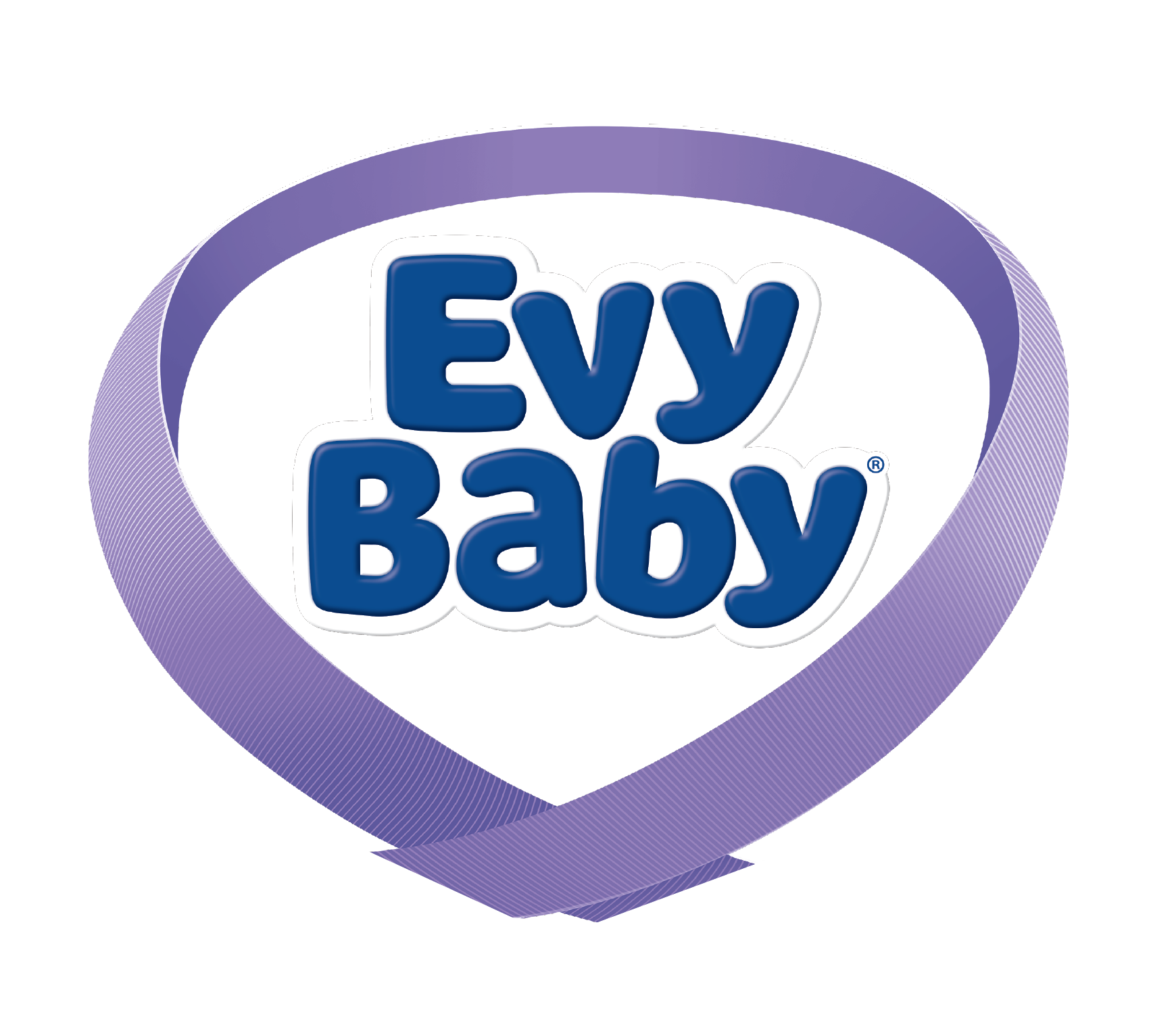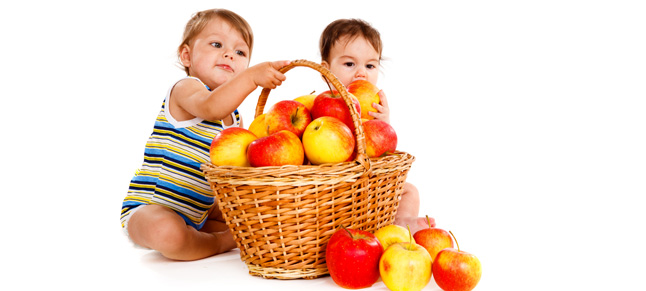

Congratulations if your baby has just turned 6 months. It’s a time now to start your baby with solid foods. Starting your baby with solid food is one of the most thrilling and exciting milestone of your baby’s first year. Your baby is ready to experience tastes and textures from savory cheese to juicy mango to creamy avocados. It’s a time for your baby to discover and explore whole world of flavors. It’s also a time for you to experiment and learn what your little baby’s taste buds like or dislike and tweak your experiment with food accordingly. I am sure you are going to love those adorable faces your baby makes. It is going to be fun, interesting and yes, hilarious, but also at times your baby will test your patience.
Most develops the enzymes necessary to digest a greater variety of foods by the time they have reached between 4 to 6 months. Don’t try to introduce solid foods before this time to prevent your baby from developing food intolerance and food allergies. Early introduction of solid foods is also linked to obesity in later life. But don’t take too long to start your baby with solid foods – say 8 to 9 months. It will be harder for you to change the taste at this point.
Simple, pureed or well-mashed foods are the easiest to start with. Here are some suggestions to help your baby start with solid foods.
You can offer solid food to your baby before or after milk feed or even in the middle, if that works best for both of you. If you have heated the food, stir it, cool it and test it on the inside of your wrist before you give the food to your baby.
It will take a little time before your baby gets used to of these new flavors. If your baby rejects foods, for example spits it out, try again later or may be after a day. At first your baby may seem to eat very little because it takes them time to learn to eat. Keep the texture of the food little thicker with chunkier and soft lump. This will provide good opportunity for your child to work on chewing, gumming and swallowing.
Don’t worry if your baby has not eaten much in a meal or even in a day since your baby’s appetite will vary from one feed to the next. Look for clues that your baby is full. If your baby keeps her mouth shut, turns away or starts playing with the food, probably she had enough.